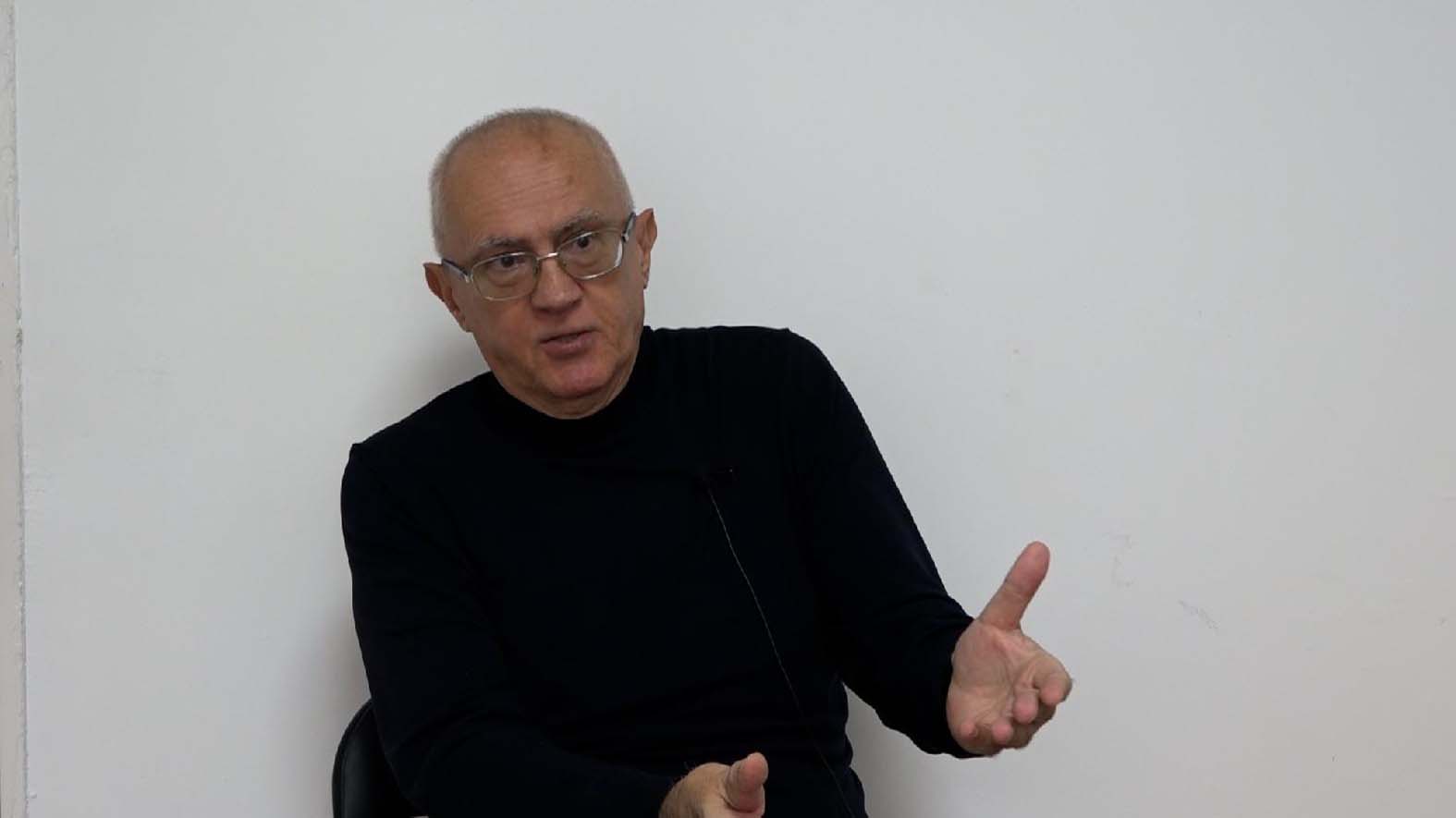Economic light in the tunnel – but it looks dark for patient safety and total preparedness
Finnmark Hospital has long been in a demanding financial situation, and a turnaround focusing on this has been absolutely necessary. The board’s concerns related to the economy are understandable, but the Norwegian Nursing Association (NSF) Finnmark questions whether the framework set is realistic to ensure equal health services and preparedness in the country’s northernmost county.
Last Thursday we were able to read in iFinnmark that strict guidelines for the use of overtime and hiring have resulted in lower costs, and this has meant that « the board sees light in the tunnel for the first time in many years. » The board can thus pat itself on the shoulder, but what is hidden behind the numbers? In practice, the reduction in hiring from a temporary agency means increased burden on the permanent employees. Managers, pressure by tight financial goals, often have to operate units with a staffing lower than minimum staffing. This is justified by the need to test all hiring according to occupancy in each department.
In theory, this may sound sensible and efficient, but in practice it creates major challenges. A department may have low coating at the shift, but suddenly experience an influx of patients. Then the manager has already gone home, and it is difficult to get extra personnel at short notice. This wears out the employees and goes beyond the patient safety and the quality of the services.
The consequences of this development are worrying. In the business report, we can already see an increase in the use of overtime among the permanent employees in the departments where the use of a temporary agency has been reduced. This is burdensome on the individual and we risk losing talented professionals as the pressure on employees increases. The number of patients Per usually rises as a result of a wild reduction in the number of nurses and health professionals. Although more support personnel are promised, these groups are also affected by cuts. The result? The employees of Finnmark Hospital must deliver more with fewer resources.
The geographical and demographic conditions in the region lead to a clear demand for more health professionals per capita to ensure equal health services. It is simply because it requires a certain number of people to maintain a professional environment.
There should be no doubt that NSF Finnmark shares the joy in that the waiting times for elective activities in the Finnmark Hospital are declining, and that the government’s commitment through the « Waiting Time Promise » produces results. However, this is proof that a targeted effort with the supply of funds has a positive effect and increases efficiency.
But why don’t we see a similar commitment to equal health services and preparedness?
There is a lot of talk about emergency preparedness in light of the uncertain security policy situation we are facing today, and we are seeing a growing investment in police and defense. The Total Emergency Report from January this year refers to the need for strengthening the resilience in Finnmark and identifies the health and care sector as an important part of this. It identifies a lack of qualified personnel as a vulnerability and emphasizes that this is part of an international trend that cannot solve one player alone.
It is essential that we do not overlook the crucial role of the civilian health service in total preparedness. It is the health care system that will safeguard both defense personnel and the civilian population – in both war and peace. Solid preparedness requires a well -functioning and sufficiently financed health service, which constitutes a pillar of the Norwegian total defense.
Therefore, it is a paradox that the management of the Finnmark Hospital, on behalf of Helse Nord with the Minister of Health’s blessing, chooses to cut the budget for patient -related positions, thus further weakening an already vulnerable professional environment. This contrasts with the ambitions of the Total Emergency Report and weakens our ability to handle both crises and extraordinary situations.
It is high time to focus on emergency, quality and stability in health services. A robust health system in Finnmark requires more than financial control – it requires a long -term commitment to staffing, working conditions and patient safety. This is only possible with a broad cross -political cooperation and a well -rooted long -term plan for the health sector.
Economic light in the tunnel is positive, but not when it comes to the expense of what really matters: Safe and stable health services for the population of the country’s northernmost county.
Norwegian Nursing Association Finnmark
Åshild Østlyngen, county leader
Jonas Eidsaune Melby, Deputy Leader




